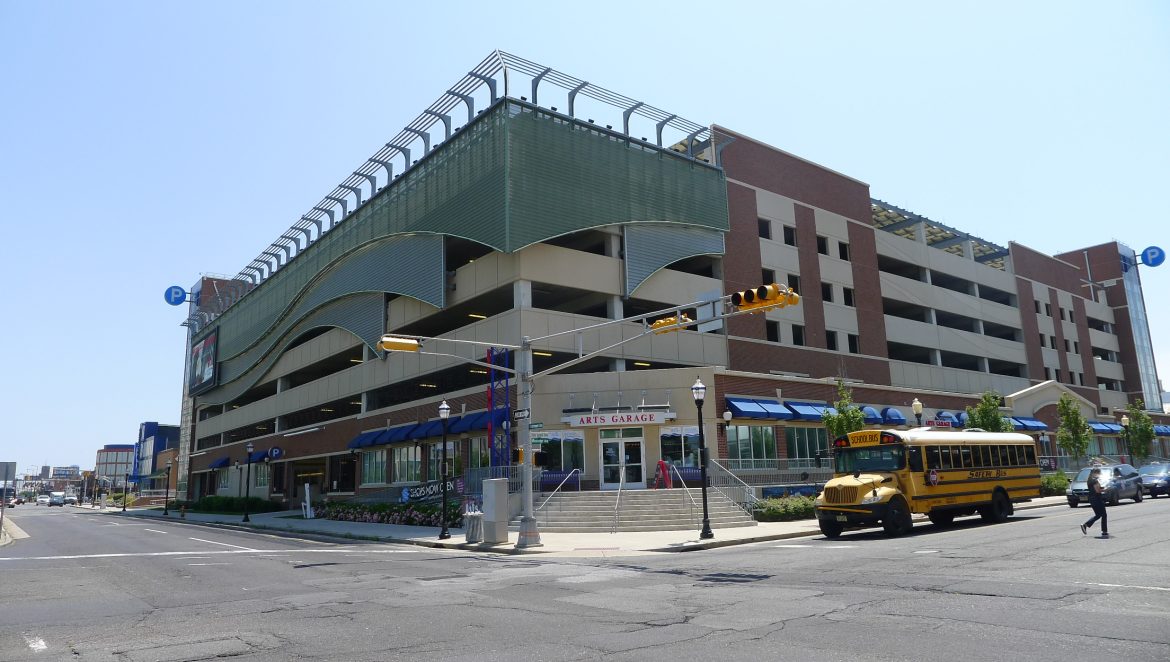
Atlantic City casino properties have closed, but the resort city’s biggest industry paid more into state coffers last year as its revenue increased. New Jersey’s tax revenue from the casino industry increased last year, as online gaming helped reverse a 10-year slump in casino taxes. Casinos paid the state $210.4 million in taxes and fees in the last fiscal year (July 2015-June 2016), up slightly from $206 million in the previous 12-month period, according to a Division of Gaming Enforcement (DGE) report published last month. The tax turnaround is a thin silver lining for New Jersey, which has seen its casino tax revenue eroded by more than two thirds from $500 million in 2006. Signs that Atlantic City’s main industry might be stabilizing after a 10-year freefall will also be scant consolation to the beachside town’s taxpayers, now facing a state takeover of the city’s finances that has already raised homeowners’ taxes after NJ legislators cut casinos a sweetheart property tax deal earlier in the year. Although online gaming is just a fraction of total casino revenue, it helped lead the turnaround for the fiscal year 2016, according to data recorded by the DGE.





